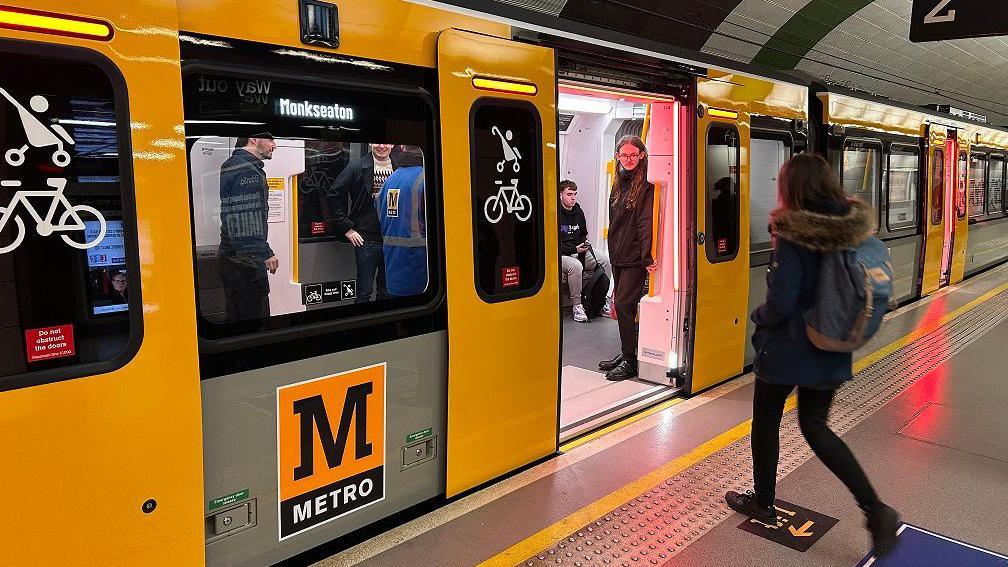Trains adapted to cope with Great North runners
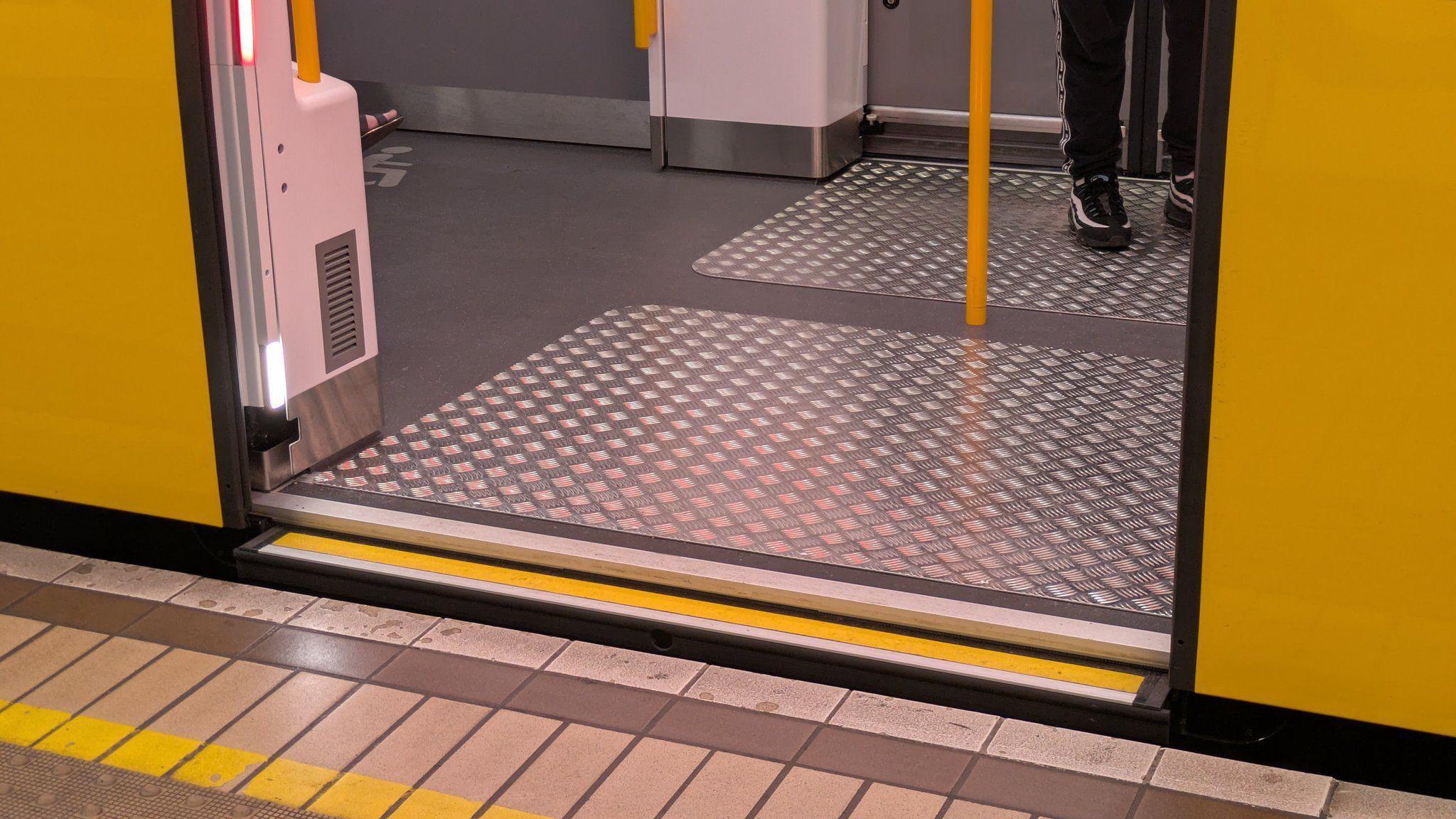
The metal plates were temporarily installed to protect automatic steps, Metro bosses say
- Published
A number of new Tyne and Wear Metro trains had to be adapted to ensure a key feature did not malfunction under the weight of thousands of runners after the Great North Run.
Metal plates were installed at each door on the 14 Stadler-built trains on Sunday over concerns crowded carriages could flex flooring, causing their automatic sliding steps to stop working.
The steps aim to help wheelchair users or people with buggies, luggage or bikes by reducing or removing the gap between train and platform.
Metro operator Nexus and Swiss-manufacturer Stadler said the metal plates were a "temporary adjustment".
They have been removed and Nexus and Stadler say there are no plans to use them at other busy times, including football matchdays in Newcastle or Sunderland, according to the Local Democracy Reporting Service.
A Nexus spokesperson said the plates were needed for the Great North Run due to the volume of people using the service in a concentrated timeframe.
Cathy Massarella, managing director of Nexus, and Lucius Gerig, CEO of Stadler Switzerland, said in a joint statement: "This was purely a precaution to reduce any risk of disruption during the Great North Run.
"It involved the installation of a metal panel by the doors over the flooring to ensure smooth operations on our busiest day of the year.
"We are in the process of analysing the data and will determine if any improvements need to be made in this area of the train."
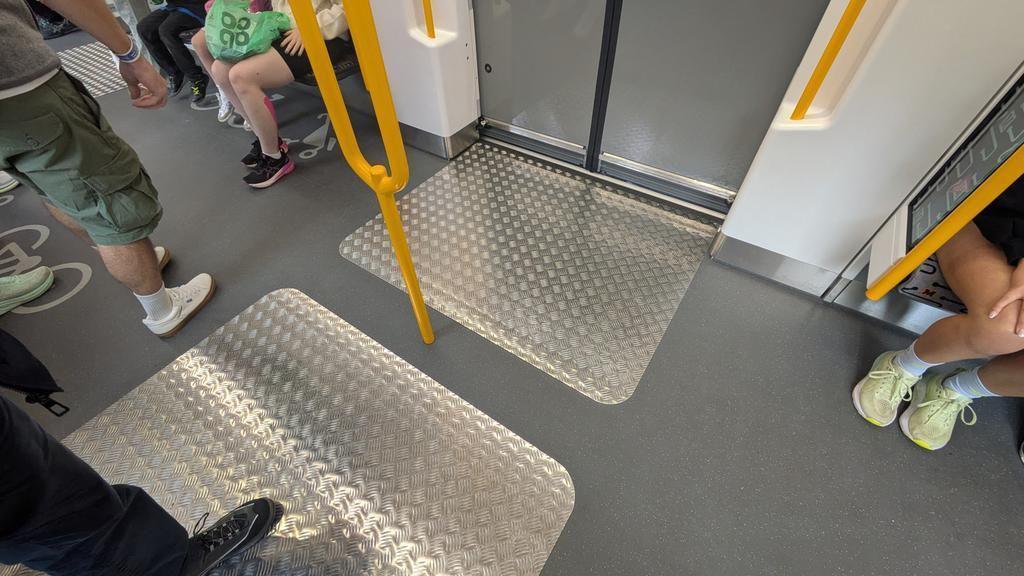
Nexus said they are reviewing the data of the use of the plates to see if any improvements need to be made in this area of the train
The precautionary measure follows a series of issues with the new trains.
They were taken out of service earlier this year after doors opened on the wrong side of a carriage.
Several units also had to be pulled from the timetable due to water leaking through their air vents during hot weather.
Ms Massarella and Mr Gerig said work to fix the problem with the trains' heating, ventilation and air conditioning system remains ongoing.
They said they are "currently testing software and hardware solutions and will update on timeframes when we know more".
A total of 31 new trains out of the 46 ordered have now been delivered from Stadler's factory in Switzerland to the North East.
Follow BBC North East on X, external, Facebook, external, Nextdoor and Instagram, external.
Get in touch
Do you have a story suggestion for BBC Tyne?
- Published22 June
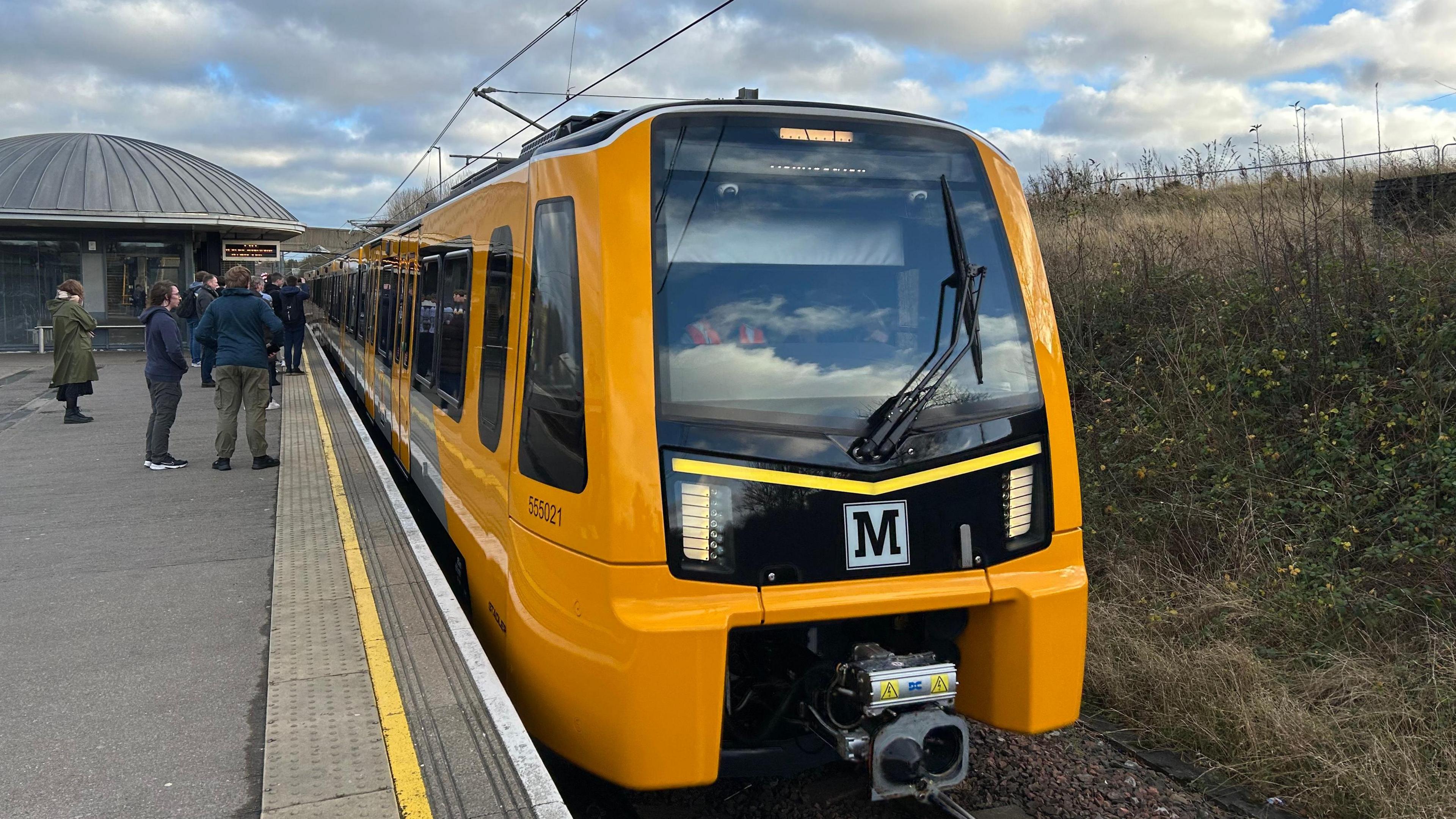
- Published28 April
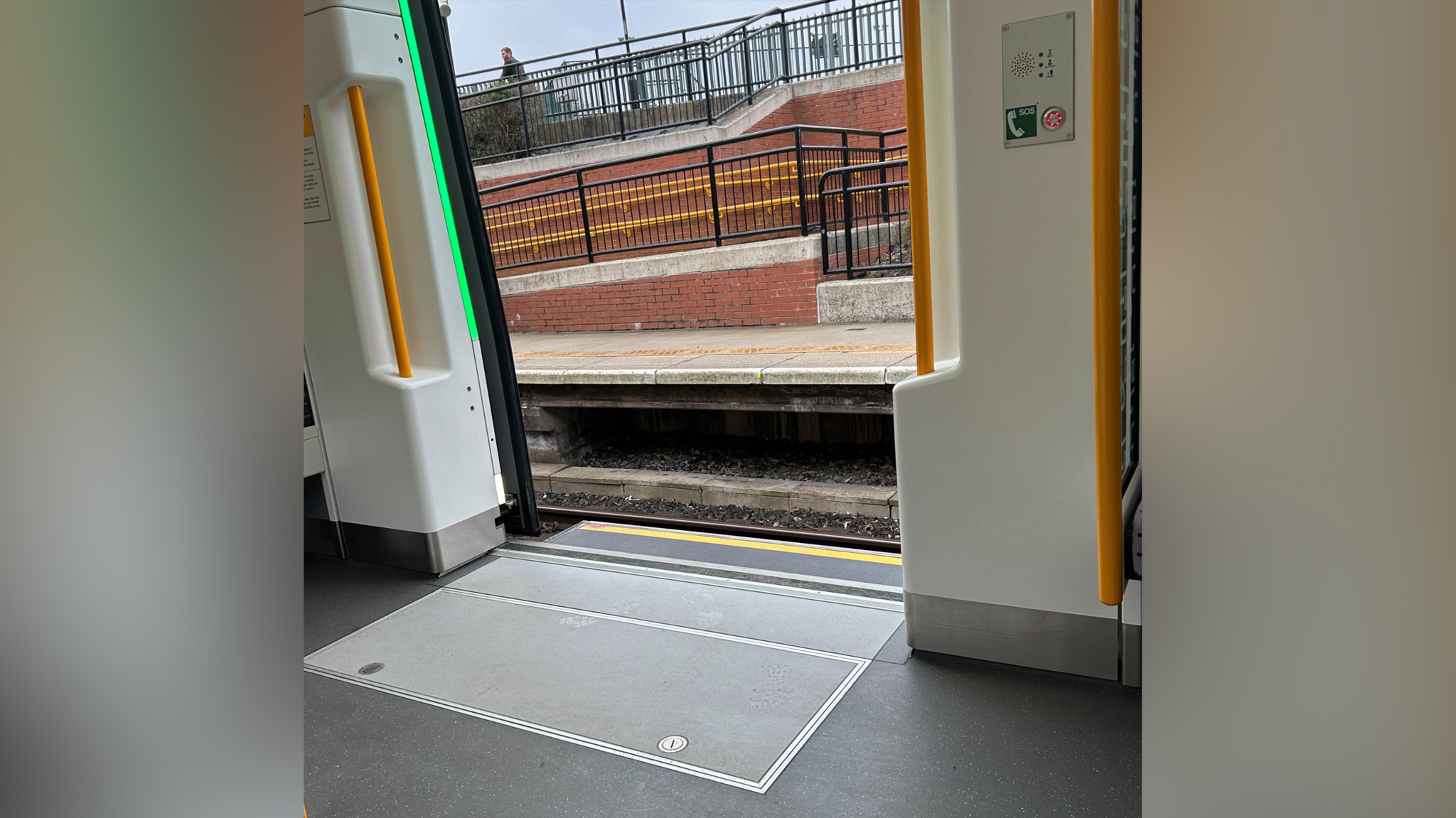
- Published24 April
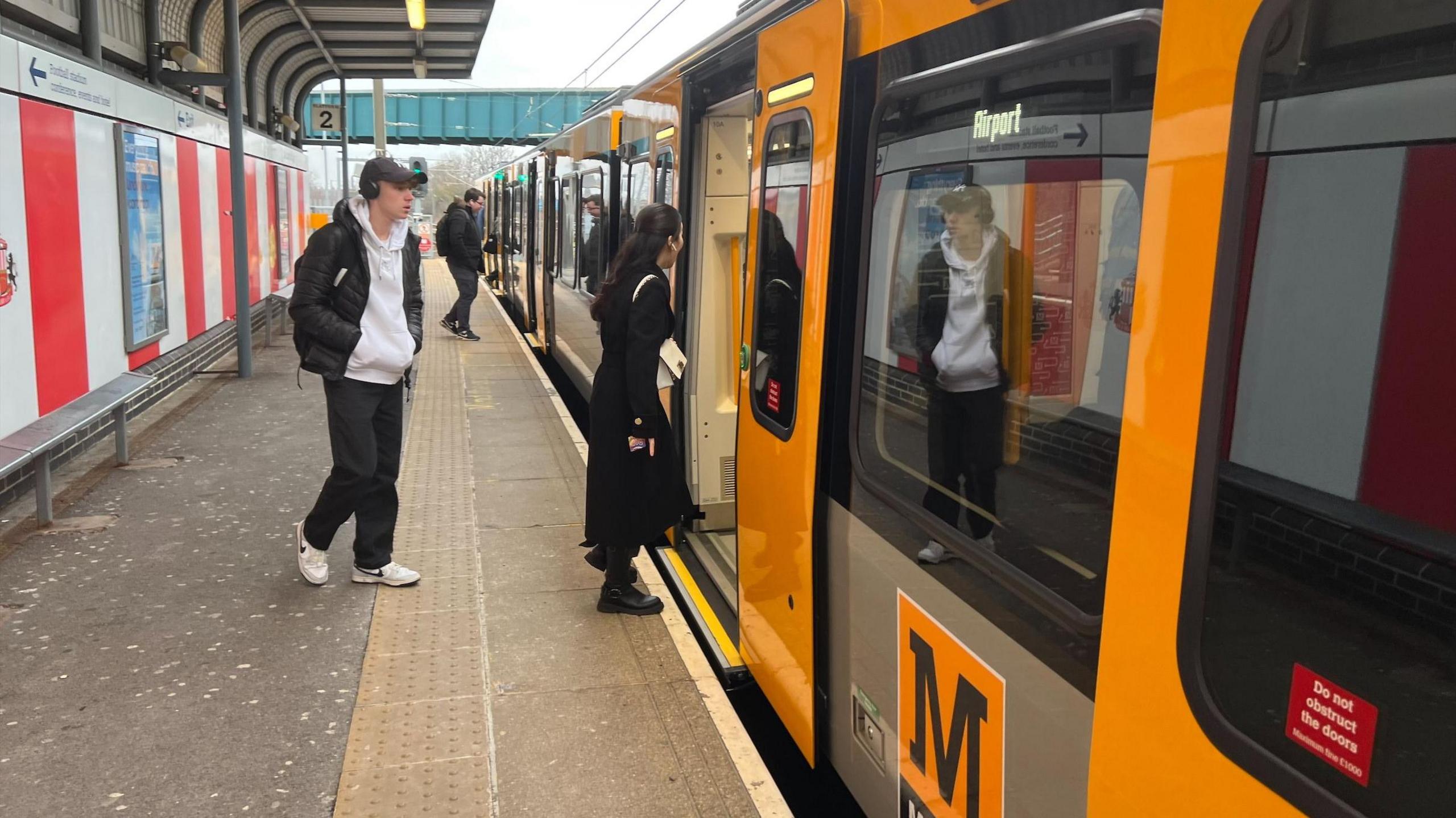
- Published18 December 2024
